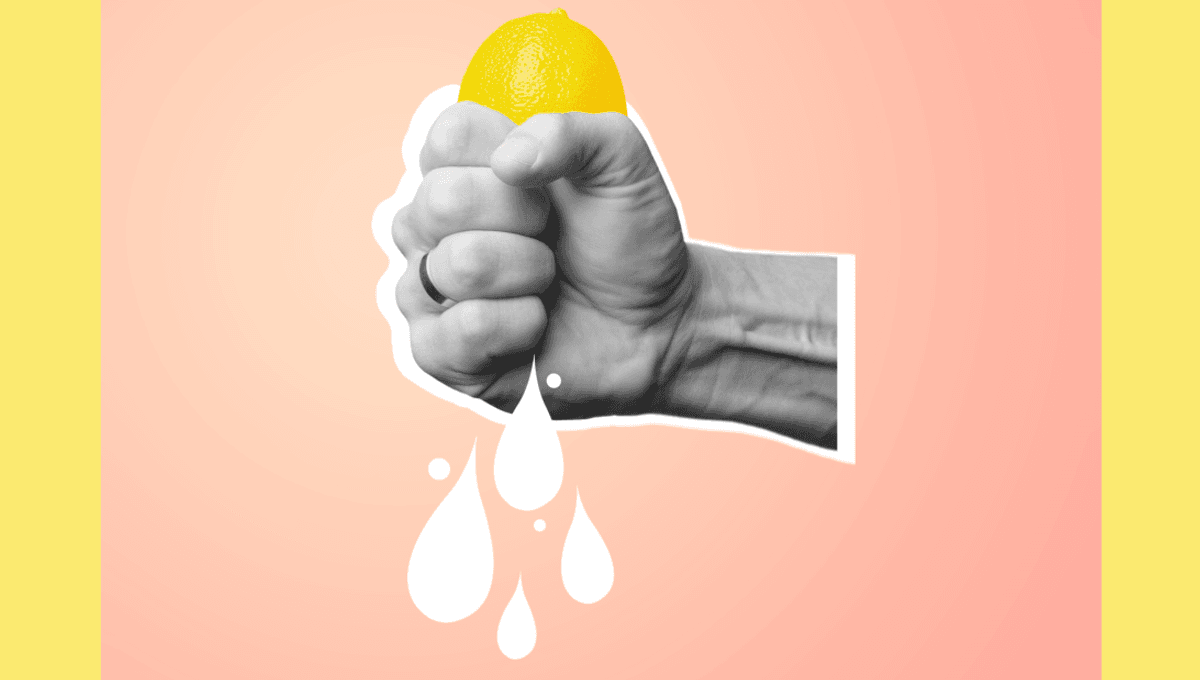
When the proverbial shit hits the fan, we all have different ways of dealing with it, but a new study has identified a personality type that may fare better than others during tough times: playful. Yes, that thing we do constantly as kids but that can get squashed out of us as we grow, it seems play may be the key to what scientists are calling “lemonading”.
ADVERTISEMENT GO AD FREE
The key idea is that these people can take a bad situation and positively reframe it, turning it into something that’s easier to cope with and may even be enjoyable. We recently got a big opportunity to study how people cope with adversity: the COVID-19 pandemic. In a time when a large proportion of the global population was under some form of lockdown order many were also facing uncertainty around their income, health, and who would be waiting for them when we could open our doors again,
A pretty horrific time all round, so a team of scientists decided to explore how playfulness influenced people’s experience of the pandemic with a survey of 503 adults. It included questions about their perception of infection risk, and outlook for the future, while also exploring markers of playfulness, motivation, and spontaneity.
The data showed that while the initial sense of vulnerability may have been the same, people who were more playful tended to be more optimistic, with a greater expectation of success from the vaccine rollout. They weren’t completely free of stress, still having a realistic grasp of the dire situation, but they were more likely to believe life would one day go back to normal.
“While rose-tinted glasses would color everything positively, potentially distorting reality, the ‘color spotlight’ effect we observed is more selective,” said co-author Dr Xiangyou ‘Sharon’ Shen of Oregon State University in a statement. “Playful individuals didn’t minimize Covid-19 risks or overestimate the effectiveness of protective measures. They directed their ‘spotlight’ toward possibilities for positive change and growth, illuminating potential paths forward even in dark times.”
By finding creative ways to adapt to the dramatic change in circumstances, playful people may fare better during tough times by finding a way to reframe the hand they’ve been dealt so they can still glean some enjoyment out of life while waiting for it all to blow over. Life gave them lemons, and, as they say, they made lemonade. Looking back, there were certainly some memorable moments from the social distancing days that demonstrated how humans turn to humor when everything is terrible.
ADVERTISEMENT GO AD FREE
“Our study revealed that playfulness and resilience are intimately connected through what we call ‘lemonading’ — the ability to imagine and generate positive experiences even in difficult circumstances,” explained Shen. “While more and less playful individuals reported feeling equally vulnerable and isolated during the pandemic, highly playful people actively altered challenging situations, found creative substitutes for what was lost, viewed obstacles as opportunities for growth, and maintained a sense of control over their responses.”
COVID-19 is still circling among us, and it can feel as if we’re facing new threats every day, from emerging diseases to climate change and the attack on science. At a time when novel problems are demanding novel answers, we could do worse than to reinforce the importance of play throughout our entire lives, old and young. It can boost creativity, make physical activity fun, and could be a superpower for navigating what lies ahead.
“Playfulness is a vital but underappreciated resource for maintaining wellbeing, particularly during challenging times,” said Shen. “Understanding how playful individuals navigate adversity can inform strategies to help people cope with stress and uncertainty. This is particularly relevant as we face increasing global challenges that require both realistic assessment and creative adaptation.”
The study is published in the journal Frontiers in Psychology.
Source Link: What Is “Lemonading”? Scientists Name A Superpower For Navigating Tough Times